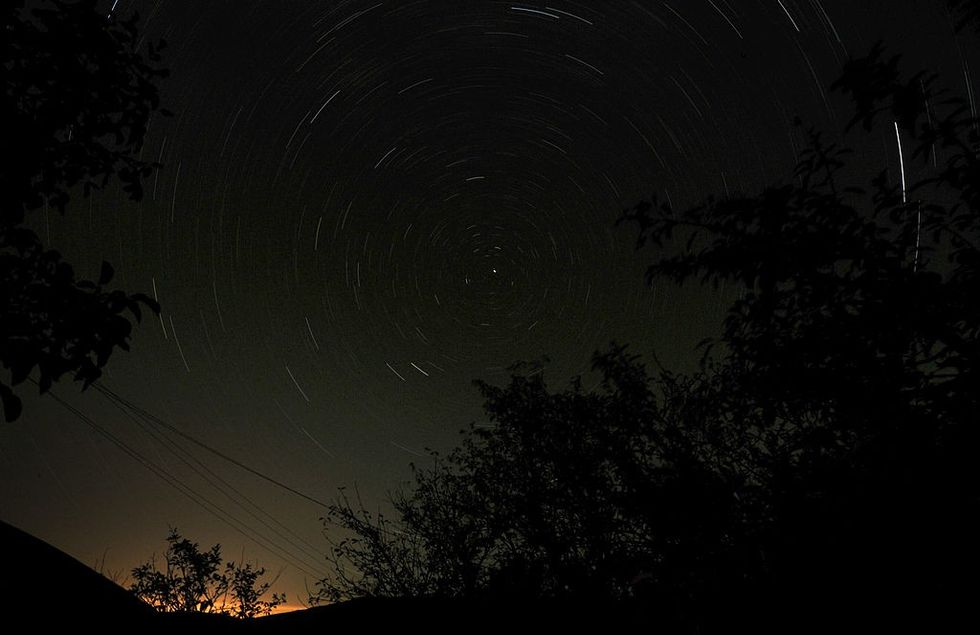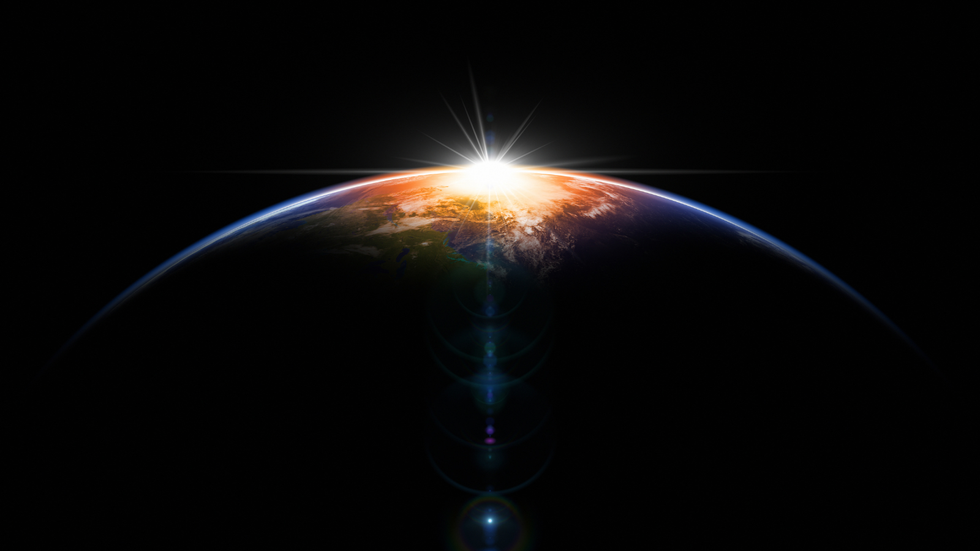Earth to see 'shortest day in history' TODAY as our planet's rotation suddenly speeds up
It could affect GPS accuracy and satellite systems, as well as how we measure time itself
Don't Miss
Most Read
Latest
Earth could see the "shortest day in history" today, scientists have said.
Just weeks ago, the planet experienced a day some 1.3 milliseconds shorter than normal - but since then, the Earth's rotation has continued to increase in speed.
Atomic clock data has since revealed the following day was 1.36 milliseconds shorter than usual, as Earth appeared to spin even faster.
Astrophysicist Graham Jones had said Earth's rotation could speed up noticeably on three dates this summer: July 9, July 22, and August 5.
Jones correctly predicted July 9's uptick - and today could be 1.38 milliseconds shorter if he is proved right again.

Today could be the shortest day of your life, breaking a record set just two weeks ago, according to scientists
|GETTY
The clock measures the "Length of Day" or LOD, which marks the time it takes Earth to rotate once, down to the millisecond.
Usually, this takes exactly 86,400 seconds, or 24 hours, to complete.
But in recent years, Earth’s rotation has been speeding up, and the cause remains a mystery.
Its speed can be influenced by a range of factors including changes in the atmosphere, a shifting water volume caused by the melting of glaciers worldwide, a change in motion inside the Earth's metal core, and a weakening magnetic field.
Researchers from Nasa think this year's acceleration is due to the Earth hitting the Moon's "orbital sweet spot" - which has caused the planet to receive a miniscule speed boost.
The increase in speed this summer has led to scientists discussing the possibility of having to add a "negative leap second" to the calendar by 2029.
This means one second will be taken away from our clocks to keep them in sync.
This may seem insignificant - but experts have found that the shorter days can affect things such as satellite systems and GPS accuracy, as well as how we measure time itself.
LATEST SCIENCE DEVELOPMENTS:

Researchers from Nasa think this year’s acceleration is due to the Earth hitting the moon’s 'orbital sweet spot'
|GETTY
Prior to this recent acceleration in Earth's rotation, it was actually slowing down.
Stephen Meyers, a geoscientist and professor at the University of Wisconsin-Madison, found that as the Moon moved further away, its changing gravitational impact on Earth would slowly make our days longer.
Although scientists began recording the Earth's rotation in the 1970s, regular record-breaking changes were first noticed in 2020.
Since then, abnormalities in the planet's rotation which have caused it to speed up have been seen in 2022 and 2024.

The fastest day on record so far was on July 5, 2024, when Earth spun 1.66 milliseconds faster than normal
|GETTY
The fastest day on record so far was on July 5, 2024, when Earth spun 1.66 milliseconds faster than normal.
At the moment, the world keeps time using Coordinated Universal Time (UTC).
However, at times, it has been necessary to add a leap second to stay in sync with Earth’s slow shifts.
The International Earth Rotation and Reference Systems Service (IERS) has already announced that in 2025, no leap second will be added.
While in 2022, the General Conference on Weights and Measures voted to retire the leap second altogether by 2035.
Since 1972, a total of 27 leap seconds have been added to the UTC - but the rate of addition has increasingly slowed as Earth's spin has sped up.











